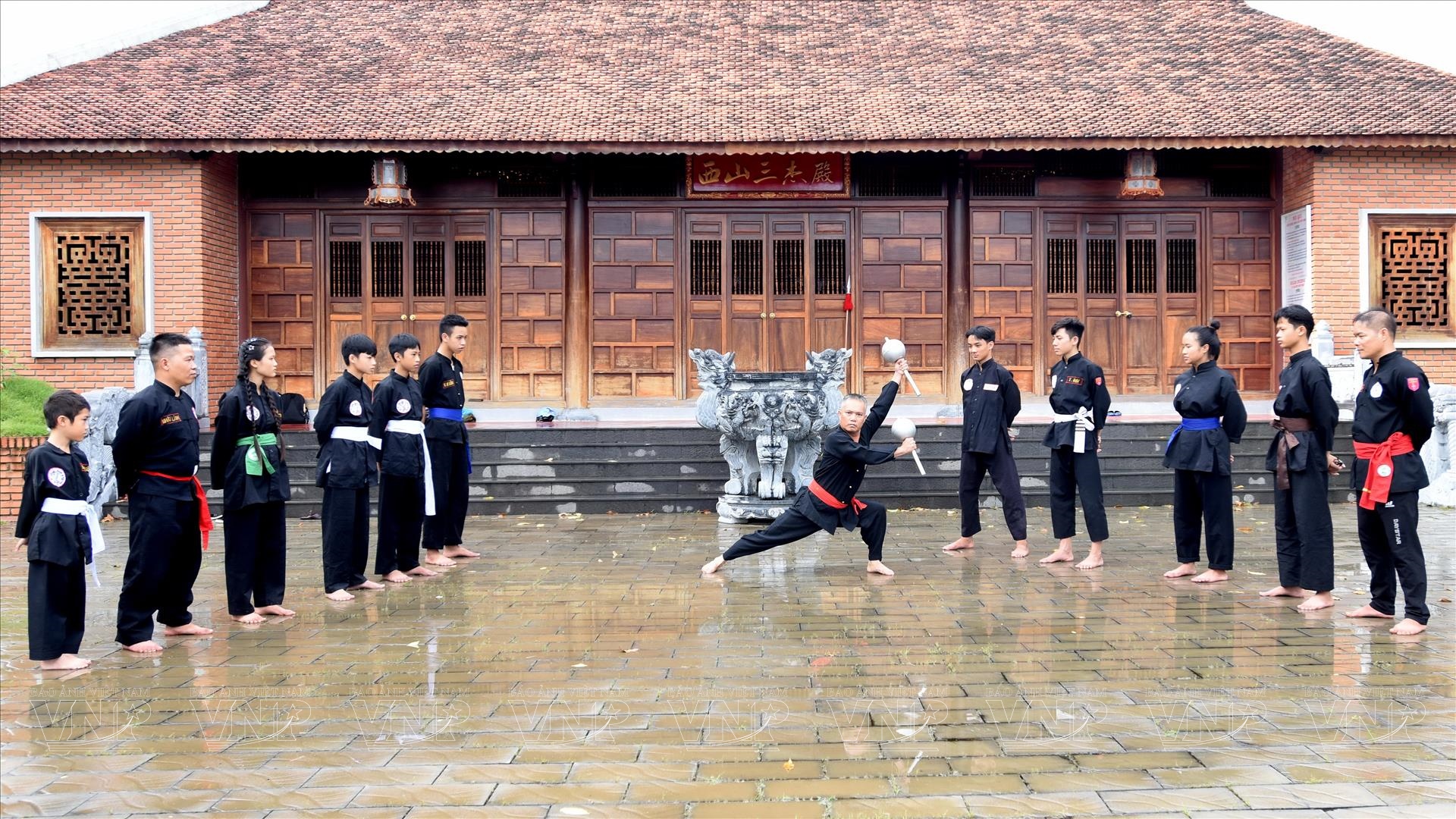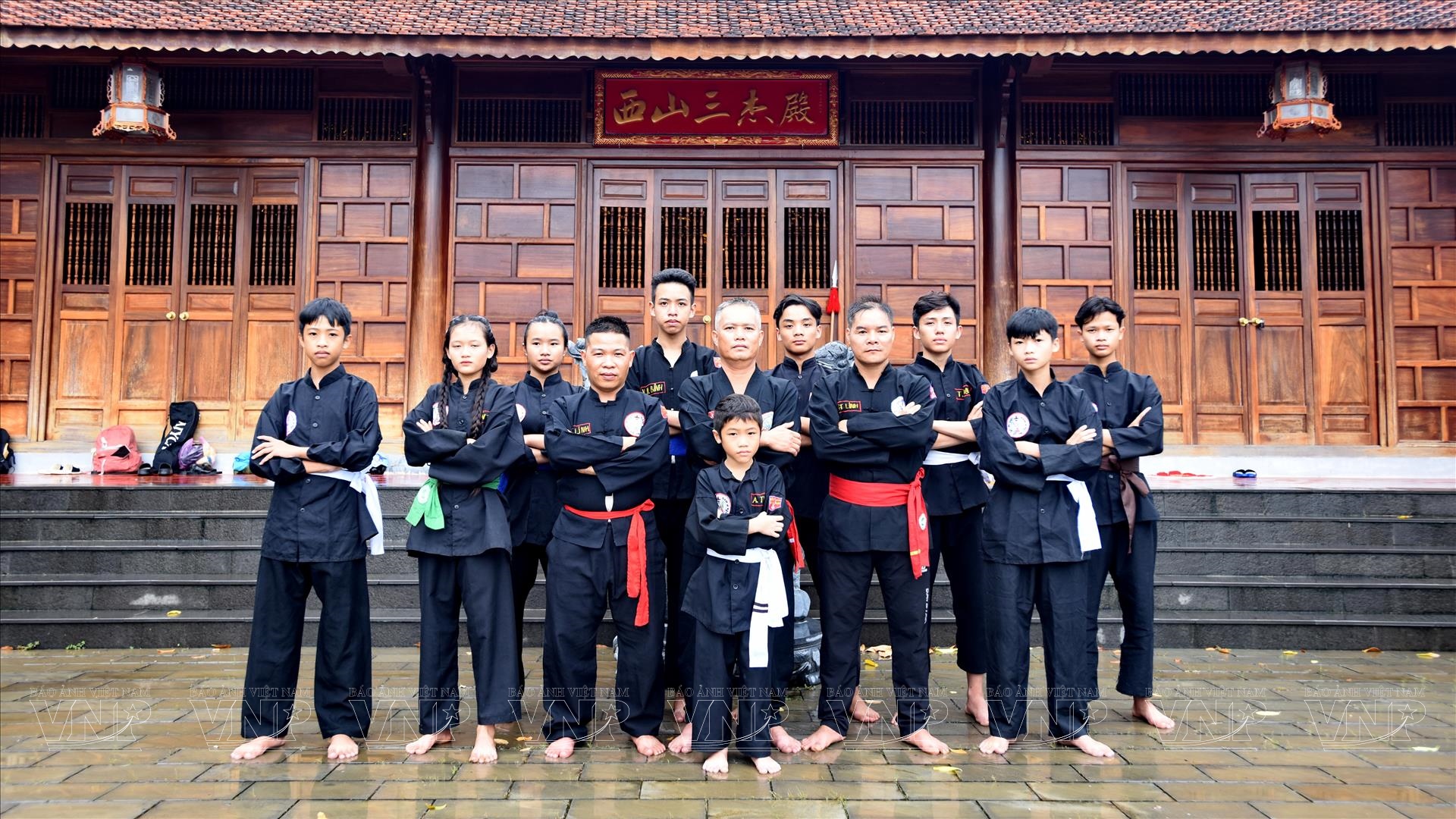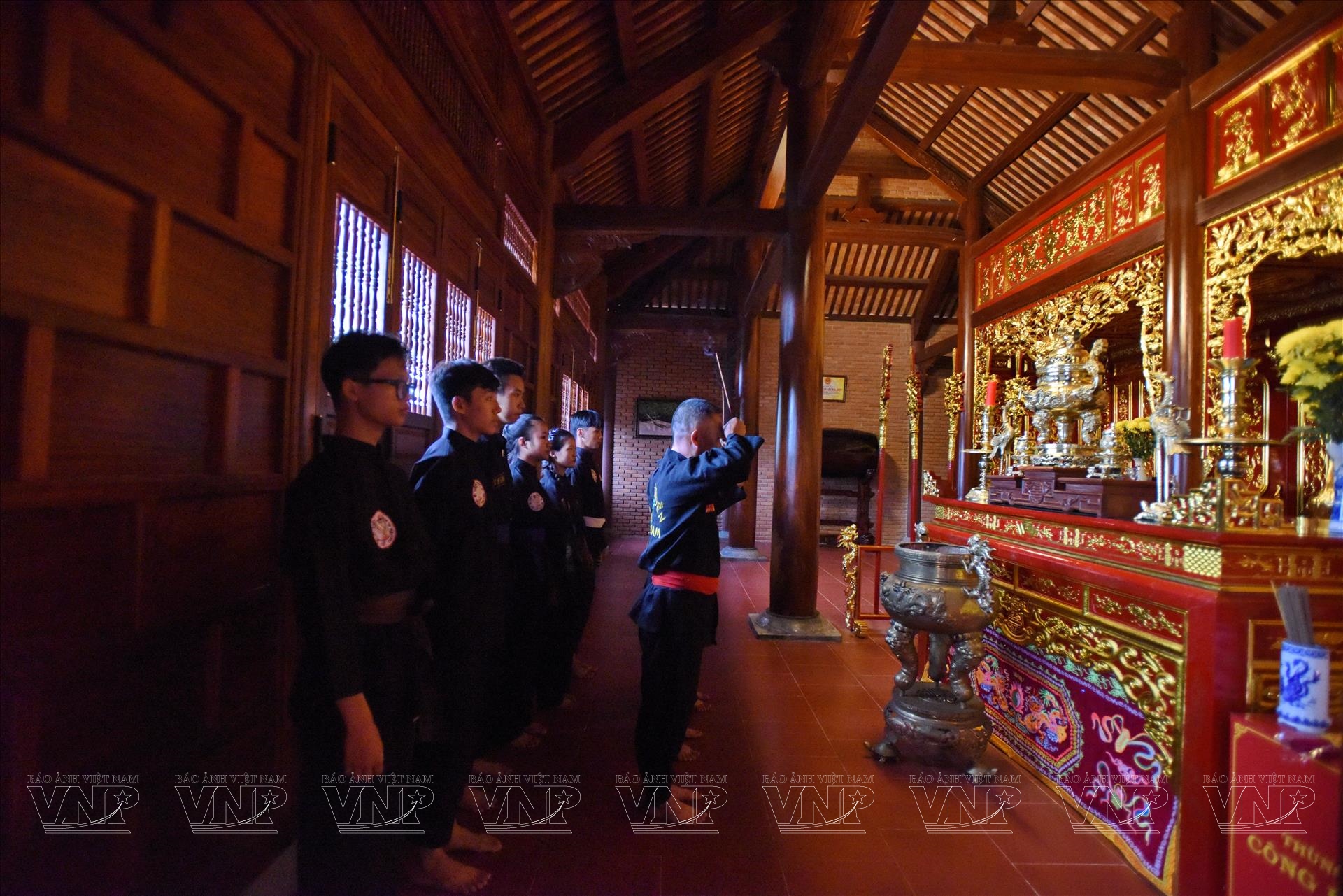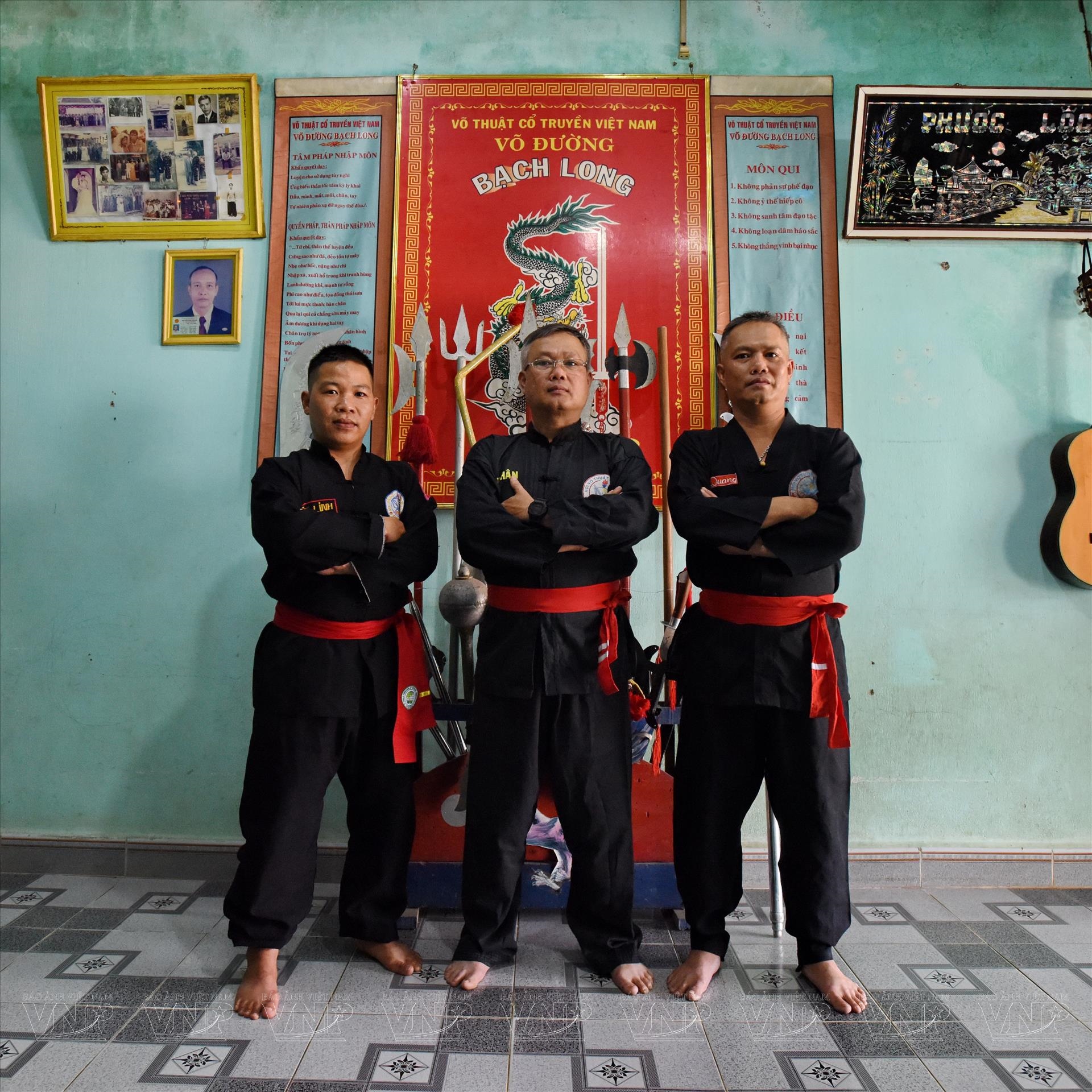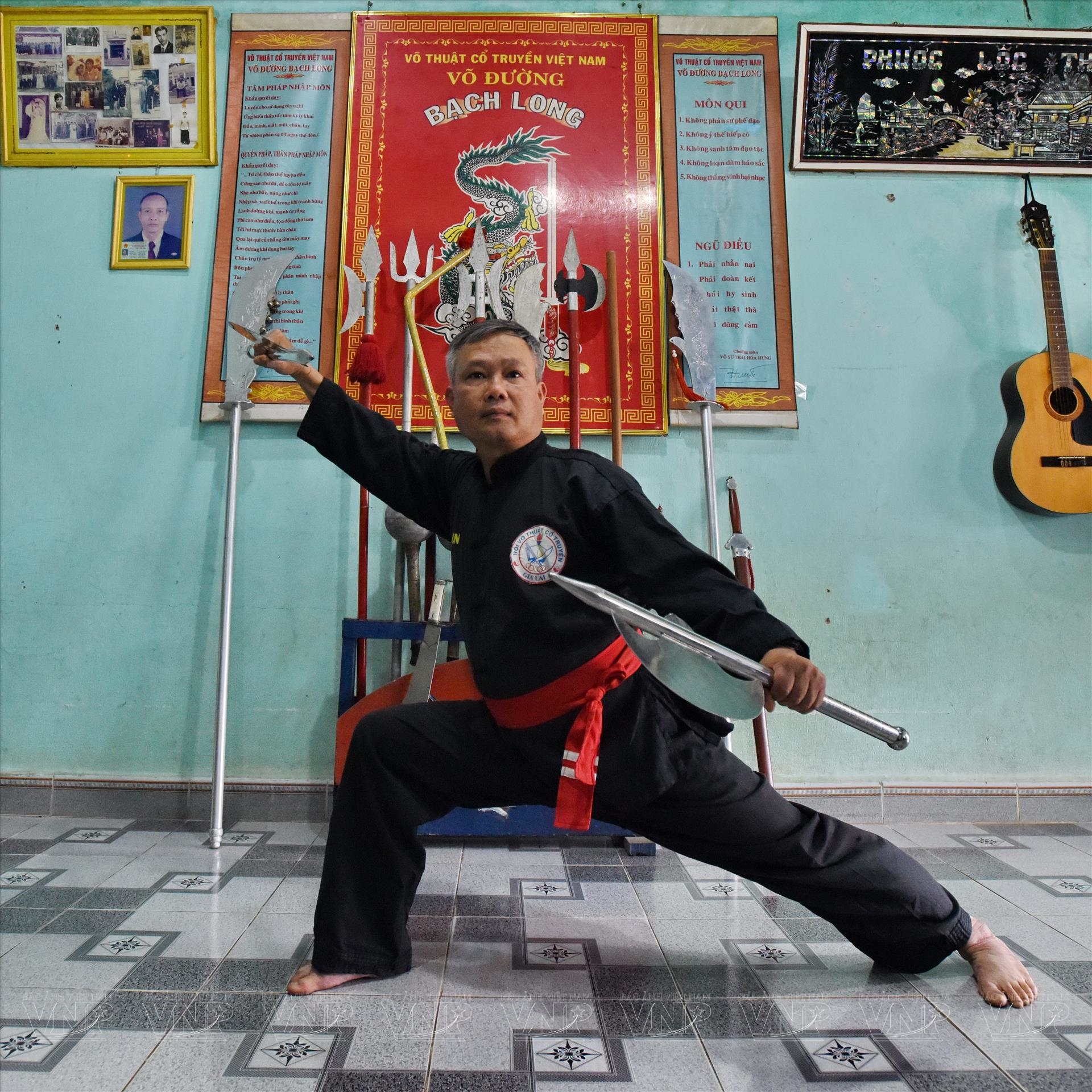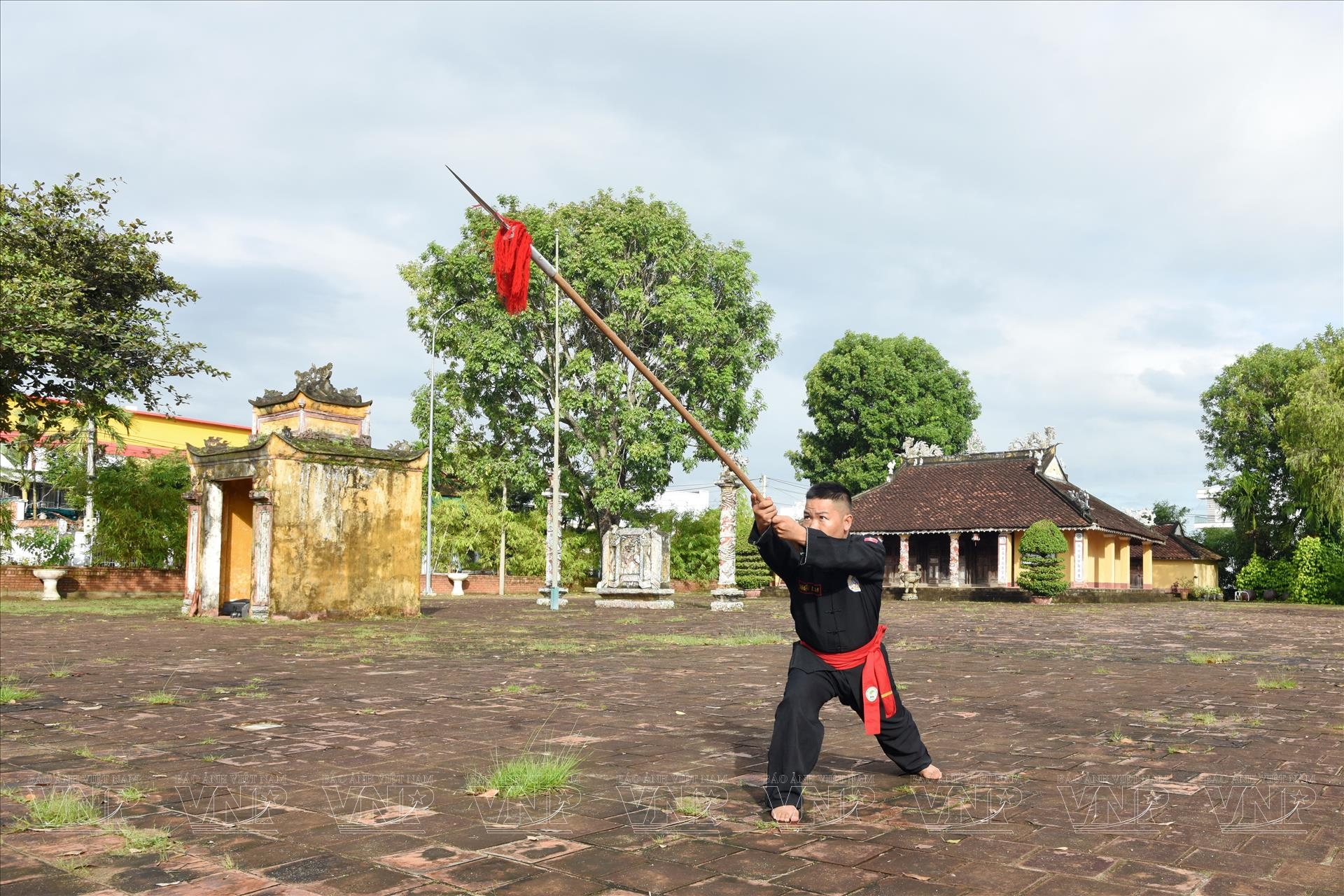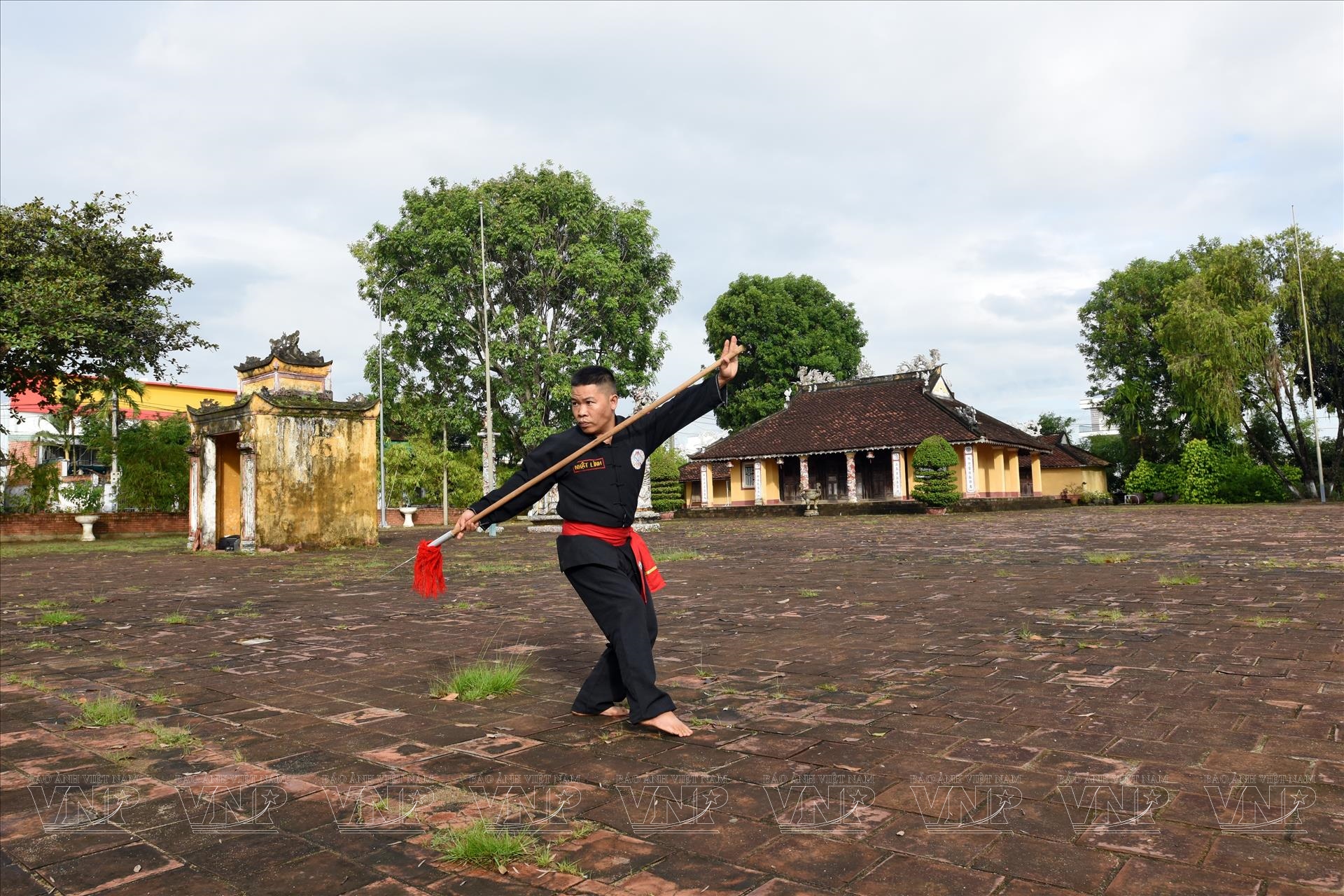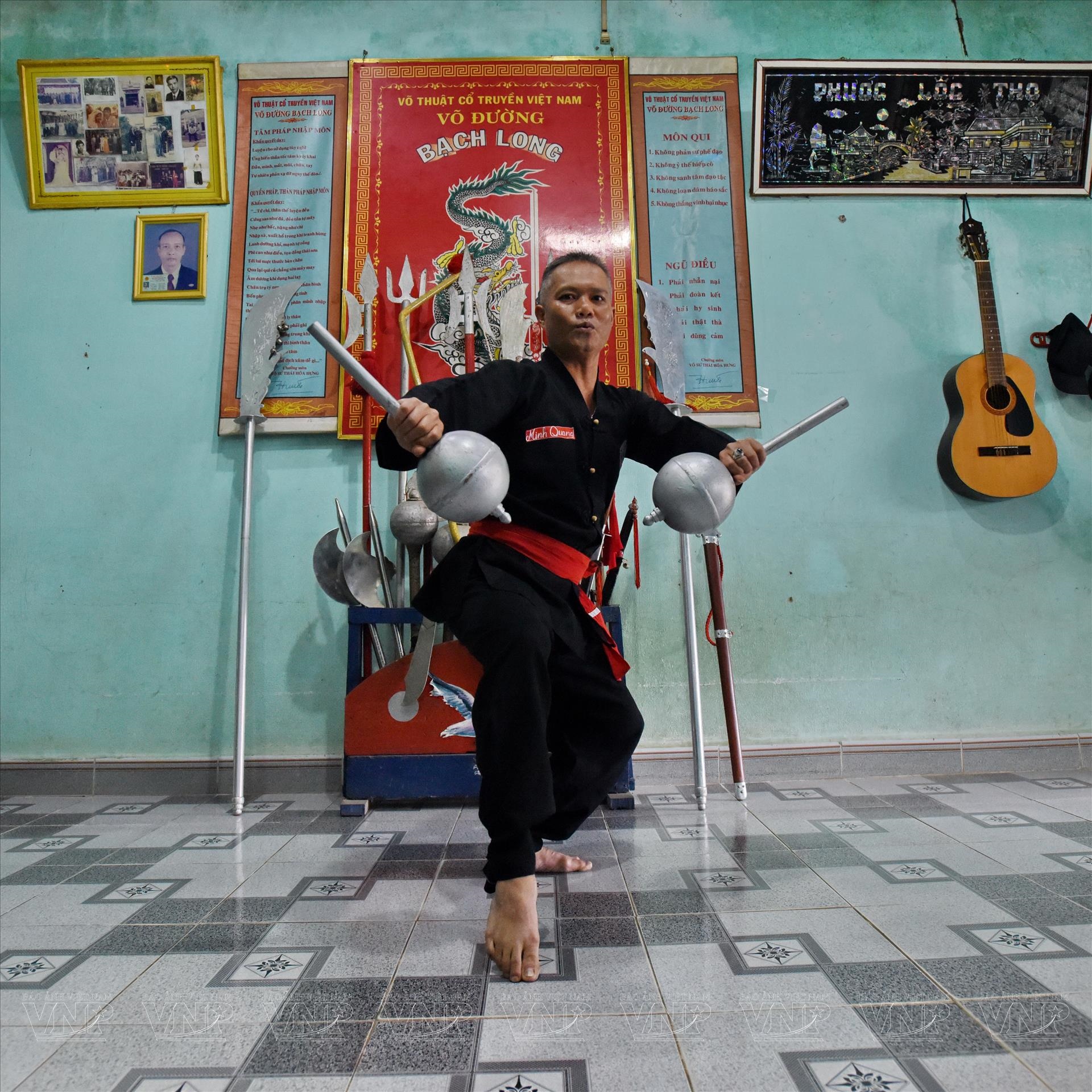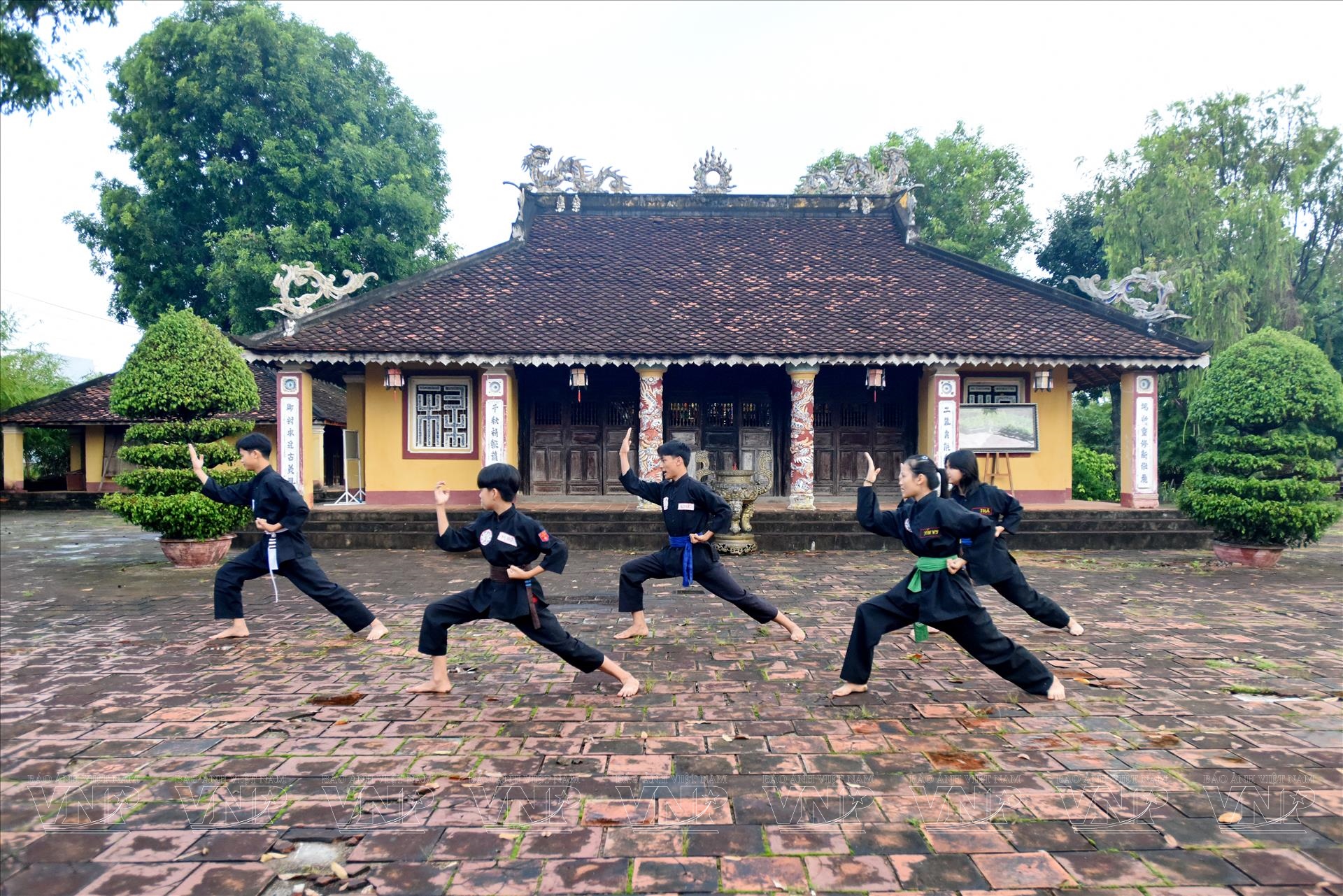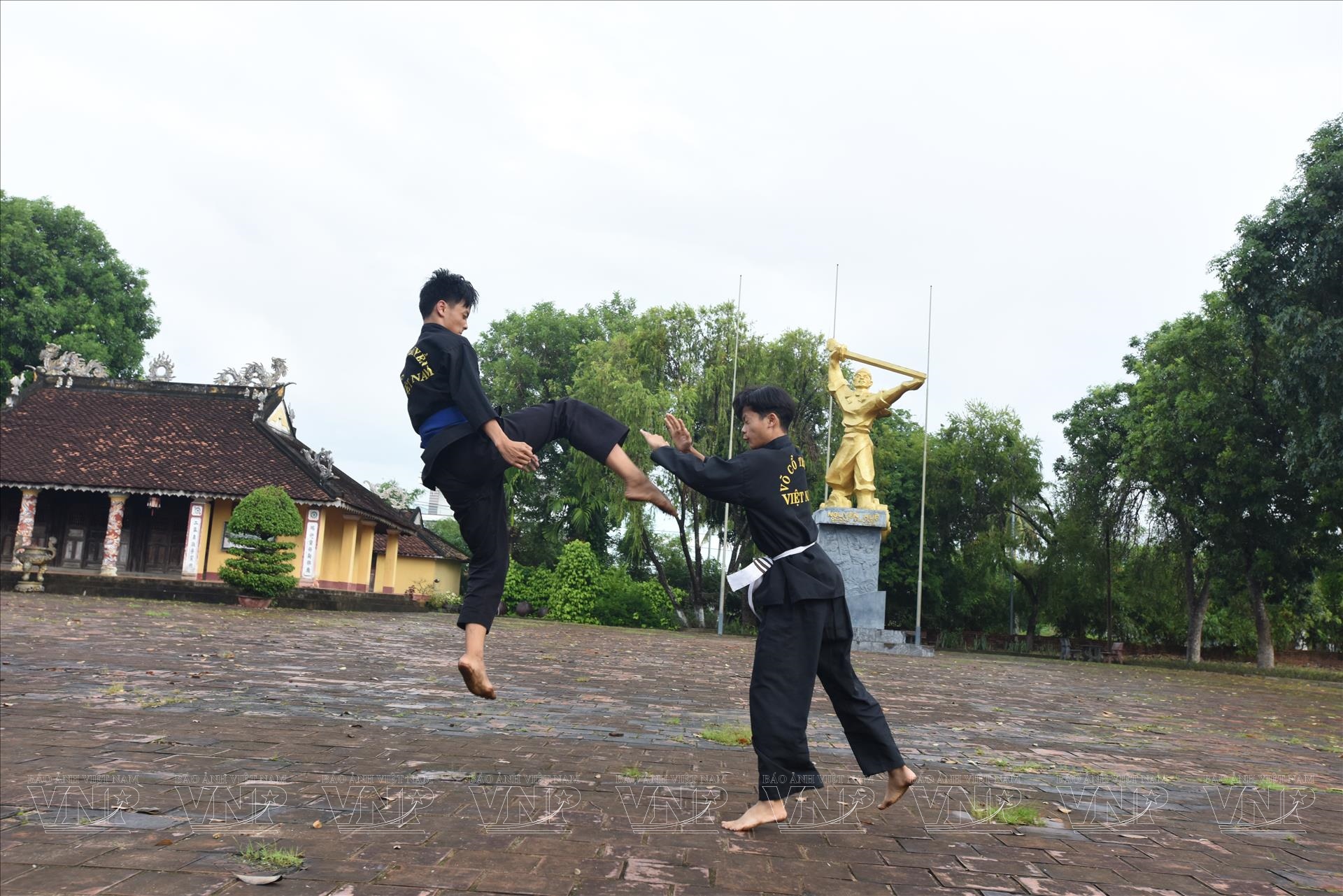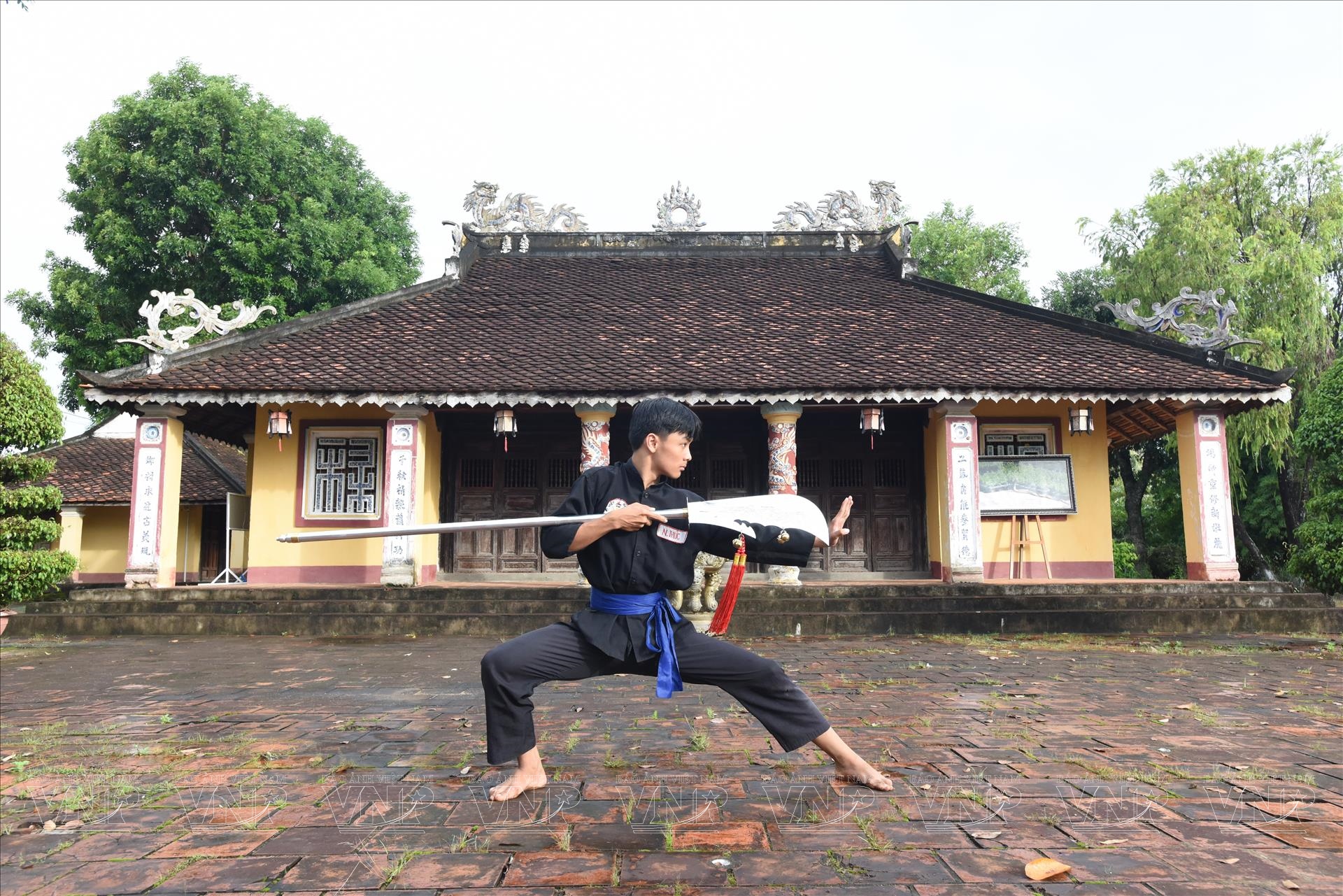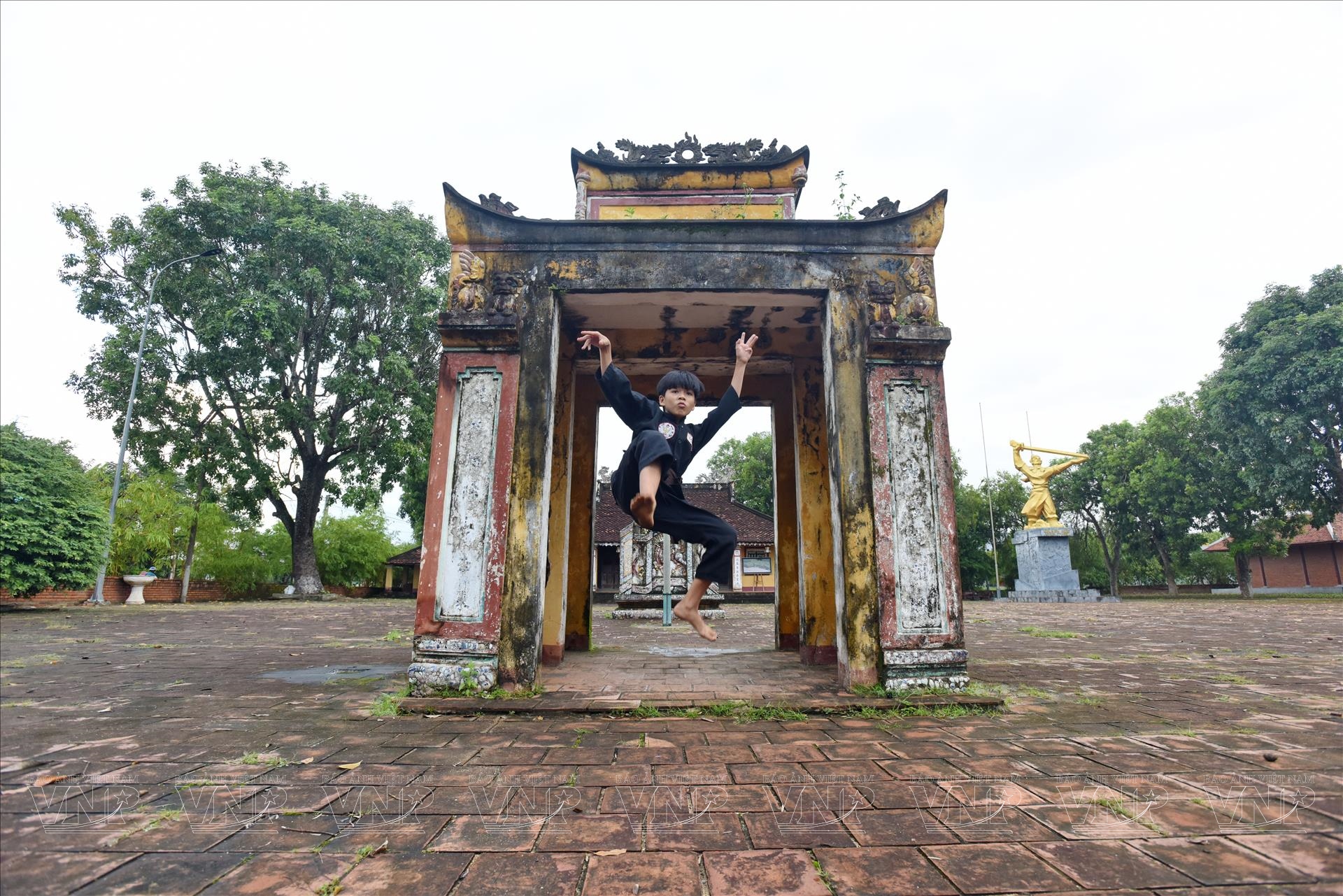A Visit to the Land of Martial Arts
The Tay Son Thuong Dao Historical relic complex in An Khe township is a well-known place for martial arts in Gia Lai Province. It holds the key to traditional martial arts that trace their roots back to the Tay Son period in the 18th century. The land chosen by the Tay Son Dynasty for recruiting soldiers has now become a significant heritage site.
In the mid-17th century, during the Trinh-Nguyen period of conflict, the Tay Son region fell under the jurisdiction of Quy Nhon, encompassing both the western and eastern parts of the An Khe Pass (a long and treacherous pass situated on the border between the provinces of Gia Lai and Binh Dinh). The eastern part, with its gentle terrain, was referred to as Tay Son Ha Dao, now within the jurisdiction of Tay Son District (Binh Dinh Province). The western part, characterized by rugged terrain and dense mountains, was known as Tay Son Thuong Dao, now part of An Khe Town and the districts of Kong Chro, Dak Po and Kbang (Gia Lai Province).
During that time, the three brothers of the Tay Son family - Nguyen Nhac, Nguyen Hue, and Nguyen Lu - chose the Tay Son Thuong Dao region as the foundation for their initial endeavors. Here, they trained their military forces, built armies, and organized a rebellion that ultimately led to the resounding victory at Ngoc Hoi - Dong Da in the spring of the Ky Dau year (1789), defeating over 20,000 invading Qing forces.
Today, at The Tay Son Thuong Dao historical relic complex in An Khe, numerous traces of the Tay Son family, such as An Khe Dinh, An Khe Truong, Go Cho still exist. Tay Son Thuong Dao is synonymous with the renowned martial arts area of Gia Lai, as it was the birthplace of various traditional martial arts styles originating from the Tay Son Period. After 1975, the traditional martial arts movement in An Khe gained significant momentum, thanks to the establishment of numerous martial arts schools by local masters and renowned martial artists from Binh Dinh. Notable examples include the schools of Chau Kim Long, Doan Ngoc Sang, and Thai Hoa Hung.
While An Khe boasts diverse traditional martial arts styles, these styles fundamentally trace their roots or are heavily influenced by Tay Son - Binh Dinh martial arts, a well known Vietnamese tradition originating from the Tay Son period. In addition to specific techniques and unique applications, these martial arts share a common foundation derived from Tay Son - Binh Dinh, including techniques such as Ngoc Tran martial arts, Lao Mai martial arts, Hung Ke martial arts and Doc Lu Thuong. The fighting style is based on the fundamental principle of "tuc bat li dia" (keeping the foot firmly grounded), resulting in sturdy, formidable, agile, all-encompassing, and unpredictable techniques.
In the 1990s, the An Khe’s traditional martial arts movement thrived, producing multiple generations of elite martial artists who garnered respect and influence nationwide. One prominent figure was martial artist Doan Tho Son (1953-2007), former Vice Chairman of the Traditional Martial Arts Association in Gia Lai Province. In 1998, he secured the Gold Medal in Chinese boxing at the national championship. In 2001, alongside martial artists Thai Van Nhan and Thai Minh Quang, he won the Silver Medal and represented Vietnam at the Mekong Region Sports Festival in Thailand. In the same year, he was selected by the Vietnam Traditional Martial Arts Federation to attend the World Cultural and Sports Festival in Germany.
With its martial arts heritage, the ancient Tay Son Thuong Dao region and present-day An Khe have produced numerous renowned martial artists and athletes with impressive national achievements. Notable names include martial artists Thai Van Nhan, Cao Dang Khoa, Luong Van Hung, Ha Nhat Linh, Nguyen Thi Phuc, Cao Dang Khoa, and Chau Van Thua./.
- By Thanh Hoa/VNP
- Translated by Hong Hanh
